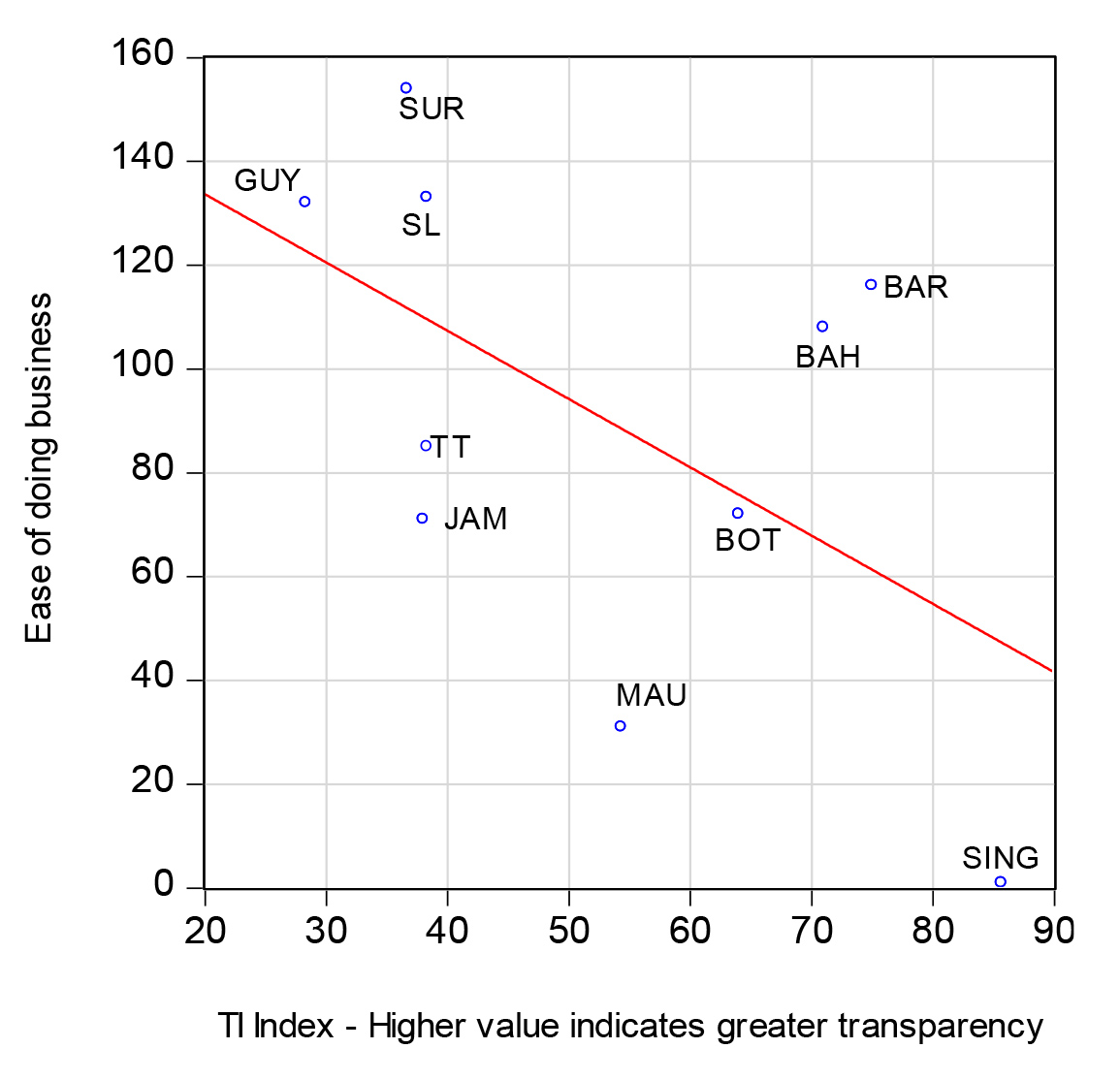 The previous column makes the point that accountability requires that the government signals clearly its policies and intentions. The signals are a form of transparency or what has been called in Guyana good governance. Credible signals can go a long way towards removing the public’s misperceptions and dampening the perception of corruption. We used the idea from economics known as the time inconsistency problem, which allows us to start off from the position that the government has an incentive to renege on promises. Therefore, accountability implies that government makes a credible commitment to fulfilling the promise of good governance. We also observed that lack of transparency could increase polarization. In this case, government has to explain clearly how its hiring and procurement practices fit into a broader industrial policy framework. If this is not done we cannot blame the public for claiming ethnic marginalization.
The previous column makes the point that accountability requires that the government signals clearly its policies and intentions. The signals are a form of transparency or what has been called in Guyana good governance. Credible signals can go a long way towards removing the public’s misperceptions and dampening the perception of corruption. We used the idea from economics known as the time inconsistency problem, which allows us to start off from the position that the government has an incentive to renege on promises. Therefore, accountability implies that government makes a credible commitment to fulfilling the promise of good governance. We also observed that lack of transparency could increase polarization. In this case, government has to explain clearly how its hiring and procurement practices fit into a broader industrial policy framework. If this is not done we cannot blame the public for claiming ethnic marginalization.
In the case of the Jagdeo PPP, it made a credible commitment to bad governance. Its approach was in your face. It did not care about public perceptions, a few of its leaders flaunted their wealth inconsistent with public pay, and it kept no data showing that its housing programme

